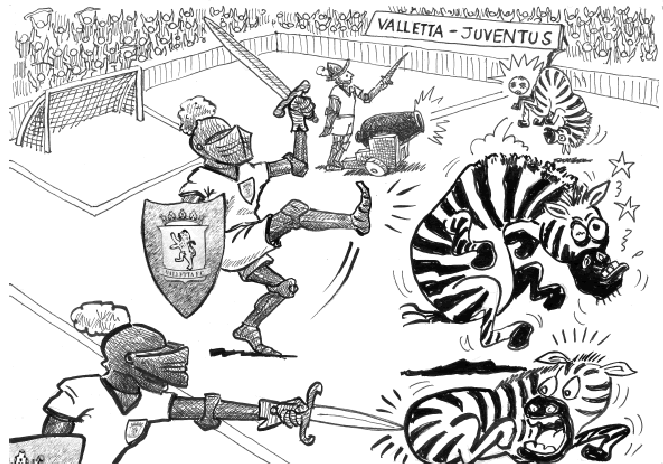The issue of whether private architects should be allowed to occupy positions in the planning bureaucracy has once again come to the fore, as MaltaToday’s story on the Mellieha development under the stewardship of MEPA’s deputy chairman amply shows. The fact that Environment Minister George Pullicino reacted at once to the revelations that appeared in this newspaper led in no miniscule way to the resignation by Catherine Galea from deputy chairman of MEPA.
It is one of the most criticised features in the MEPA structure: a situation whereby private architects are appointed to positions of decision-making, while at the same time being free to pursue their private practice. The consequences of such a structure have been clearly proven: not only is there a question of conflict of interest, but the practical effects can be visited upon the natural and urban environment, when money interests often take precedence over their obligation to the public.
It is, of course, also important that architects are present on MEPA boards and commissions. “Lay” people may have difficulty understanding plans submitted by applicants; they also ensure sufficient technical know-how within the DCC boards for decisions to be taken.
But whether these architects should be allowed to pursue a private practice is another matter altogether. It has been suggested that architects should be employed on a full-time contract for a period of three years. The full-time members would be bound not to do any private work. Such structures already governs other areas of the public sector: in healthcare, such arrangements ensure the steady provision of surgeons at the service of the state alone.
It is clear that the MEPA structure must be revisited. Decisions on important applications are liable to become a farce when the decision-makers themselves momentarily disrobe themselves of their authority to literally cross to the other side of the fence to defend the application of their private clients. Members of the public may be quick to point out that it is a confraternity that takes decisions at MEPA, and that money interests may feature regularly in their decisions.
Take the recent outburst by Judge Joe Galea Debono, who described MEPA as a “kangaroo court”, and strongly hinted that DCC architects “scratch each other’s backs” when it comes to approving one another’s permit applications. This is not mere speculation: Environment Minister George Pullicino himself has said that representations had often been made to the ministry regarding possible conflict of interests that could arise because of members of the board who were practising architects.
Minister George Pullicino has already taken some form of action on the matter, by reducing the number of architects sitting on boards and replacing architects whose term had expired with non-architects. Pullicino has already altered the DCC boards’ composition to three architects out of seven board members, when until 1998 it was five or even six.
In itself, this is the type of mix that is required on such an important decision-making body such as MEPA.
But the public has to be assured of the integrity of each individual. There is nothing more reassuring than to have a parliamentary committee screen each position of chairperson on the various MEPA boards and subcommittees. It is the style that is adopted in so many other countries, such as in the USA, where even the position of Attorney General is placed under the scrutiny of the Senate. It is a measure that guarantees confidence in the person who takes up an important post.
It is also the ideal procedure for MEPA, which takes decisions which affect people in their natural and urban environments, and which can cost a lot of money to developers and entrepreneurs. Most of the controversies at the heart of MEPA have been largely part of this debate between civil society and developers, against the forces, explicit and implicit, which guide the hands of the decision makers.
Conflicts of interest tend to be a reality in a small society such as Malta’s, but certainly they should not be a reality of a European country which adheres to the basic safeguards required of a democracy. Confidence and trust in such an entity is paramount: open the structure to more scrutiny and transparency, and give MEPA the integrity it deserves.

